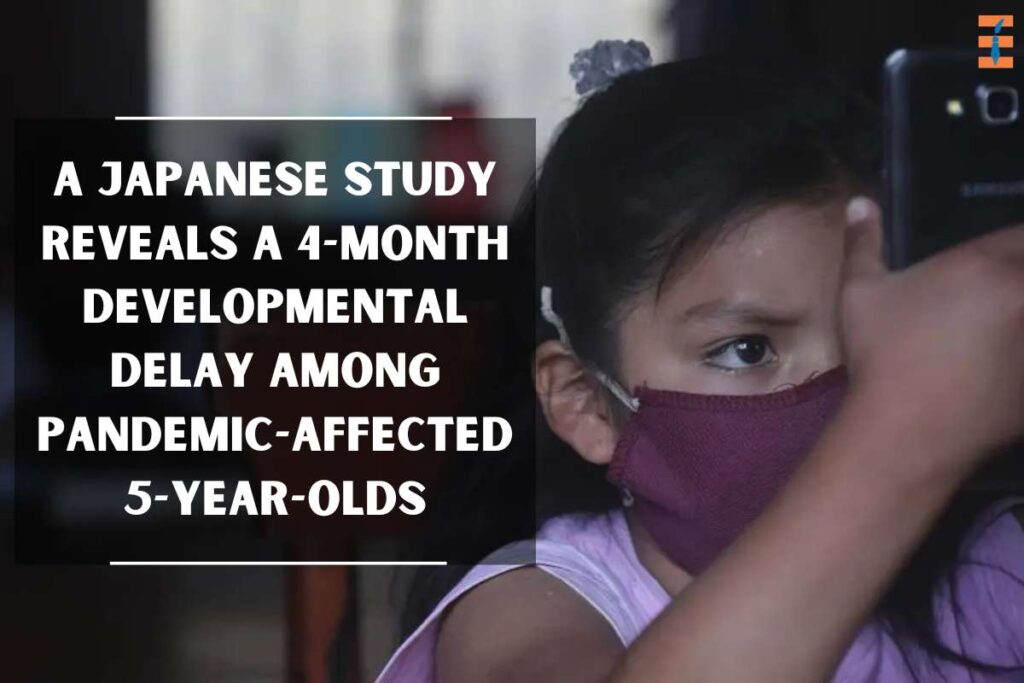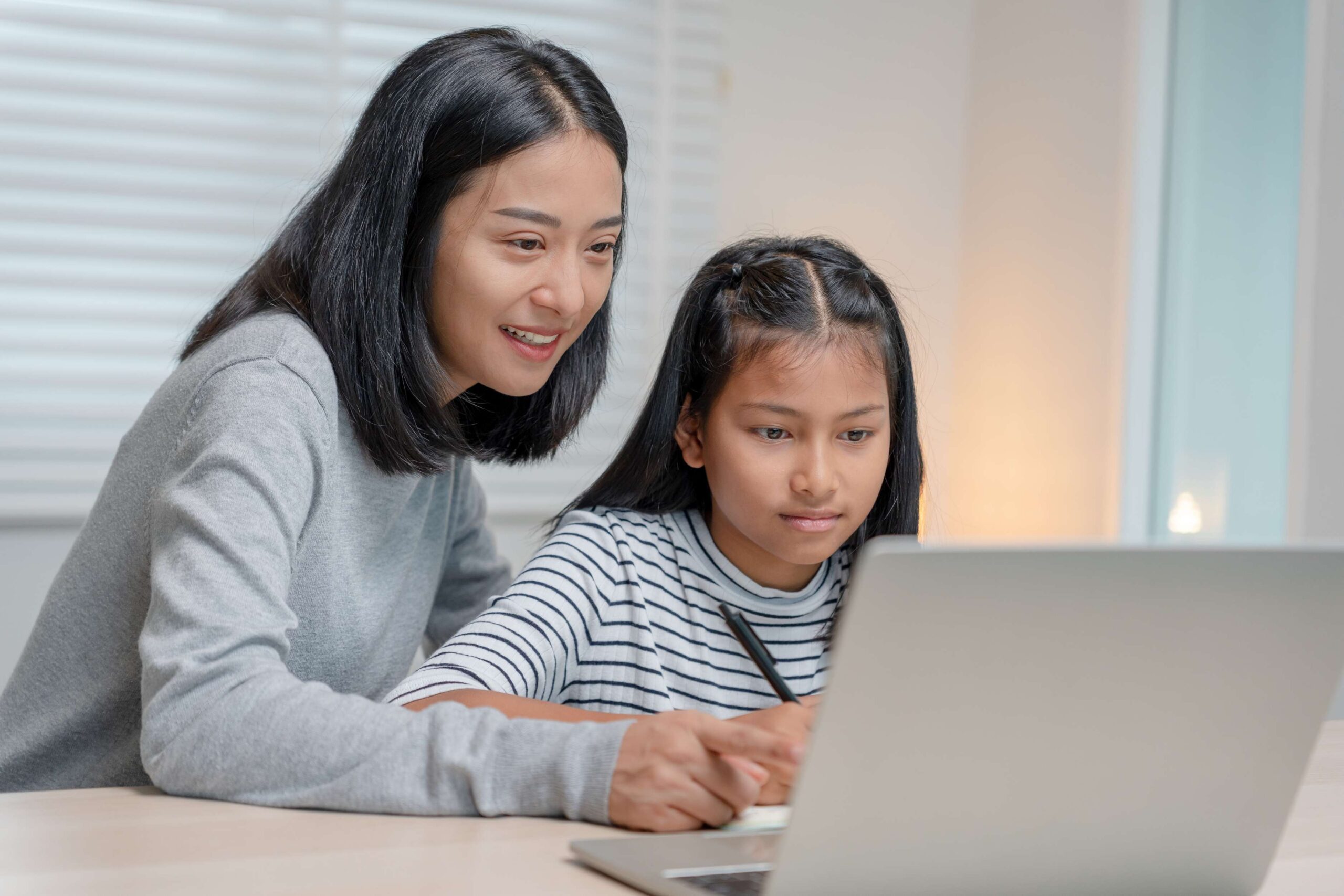In 5-year-old children who experienced the coronavirus pandemic compared to those who did not, the development of communication and other skills is postponed by an average of around four months, according to a Kyoto University study. Reduced opportunities for interaction with friends and adults other than their parents during a critical period for social skill development, according to the research team, may have had an impact on the findings.
From 2017 to 2019, researchers gathered data on 887 kids at 43 licenced day care facilities in a municipality in the Tokyo metropolitan area, focusing on classes for 1- and 3-year-olds. From 2019 to 2021, a follow-up survey was done. Using standardised criteria, childcare professionals evaluated each child’s level of development in areas like physical prowess, verbal understanding, and social abilities.
New Study Finds Developmental Differences For Children During Pandemic
According to the findings, kids who experienced the coronavirus pandemic after March 2020 had an average 4.39-month developmental gap by the time they became 5 years old compared to kids who didn’t. By category, those affected by the pandemic lagged 6.41 months behind in speech, 5.69 months behind in “discipline” including dressing themselves and cleaning their mouths, and 5.64 months behind in interacting with adults. Developmental deficits were more obvious in children with mentally ill parents or carers.
“A delay of four months is not insignificant, but children who attended day care centres that provided high-quality care tended to develop well even amid the coronavirus pandemic,” said Koryu Sato, assistant professor of social epidemiology at Kyoto University. It is crucial to quickly transition back to the pre-COVID child care setting while monitoring the infection situation.
However, by age 3, there was no obvious developmental delay; rather, individuals who had been exposed to the pandemic were better able to move their entire body and comprehend abstract ideas like “good and bad.” Sato thinks that the more time parents spend at home working might have had a good effect. The American Medical Association’s publication JAMA Paediatrics published the study’s findings online.










